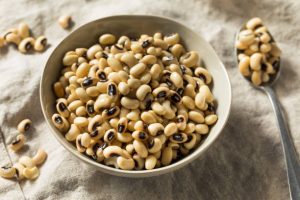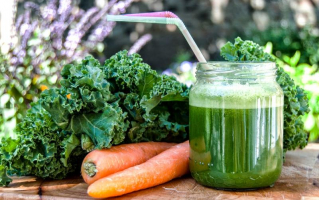Top 5 Health Benefits of Green Peas
Green peas are a well-known vegetable. They're also incredibly healthy, with plenty of fiber and antioxidants. Furthermore, evidence suggests that they may ... read more...help protect against some chronic conditions, such as heart disease and cancer. Green peas, on the other hand, are thought to be toxic and should be avoided because of the antinutrients they contain, which can induce bloating. Let's look at the best green pea health advantages.
-
Green peas have an excellent nutritional profile. They have minimal calorie content, with only 62 calories per 1/2-cup (170-gram) portion. About 70% of the calories come from carbohydrates, with the remainder coming from protein and a minor bit of fat. Furthermore, peas include nearly every vitamin and mineral you require, as well as a considerable quantity of fiber. A 1/2-cup (170-gram) serving of peas provides the following nutrients:
- Calories: 62
- Carbs: 11 grams
- Fiber: 4 grams
- Protein: 4 grams
- Vitamin A: 34% of the RDI
- Vitamin K: 24% of the RDI
- Vitamin C: 13% of the RDI
- Thiamine: 15% of the RDI
- Folate: 12% of the RDI
- Manganese: 11% of the RDI
- Iron: 7% of the RDI
- Phosphorus: 6% of the RDI
Peas are distinguished from other vegetables by their high protein content. A 1/2 cup (170 grams) of cooked carrots, for example, has just 1 gram of protein, but 1/2 cup (170 grams) of peas provides four times that much. They are also high in polyphenol antioxidants, which are thought to be the source of many of its health advantages.
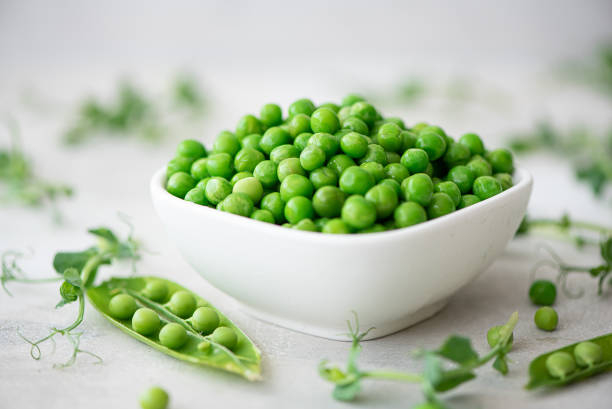
High in Many Nutrients and Antioxidants 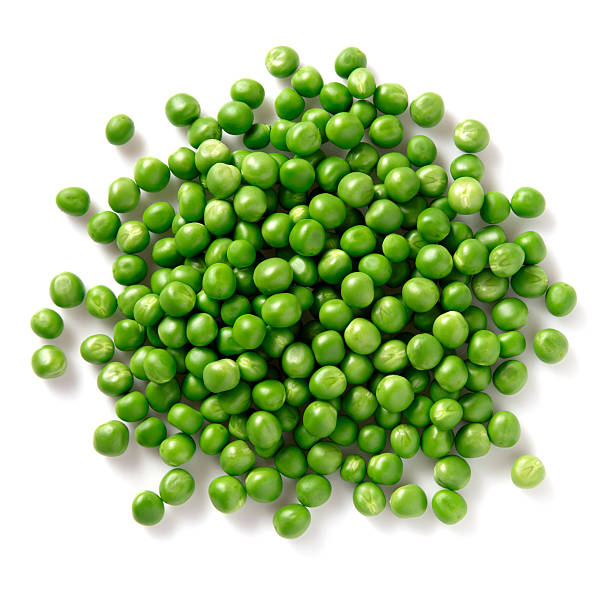
High in Many Nutrients and Antioxidants -
Green peas are one of the greatest plant-based protein sources, which is one of the reasons they are so satisfying, combined with their high fiber content. Protein consumption raises the levels of certain hormones in the body that suppress hunger. Protein and fiber work together to delay digestion and boost feelings of fullness. Eating enough protein and fiber may naturally lower the number of calories you consume throughout the day by controlling your hunger.
Green peas' unique protein level makes them an ideal meal alternative for folks who do not consume animal products. It is crucial to remember, however, that they are not a complete protein supply since they lack the amino acid methionine. To make sure you receive enough of all the important amino acids in your diet, combine green peas with another form of protein to compensate. Protein consumption is also vital for maintaining muscular strength and bone health. Furthermore, it is essential for weight reduction and maintenance.
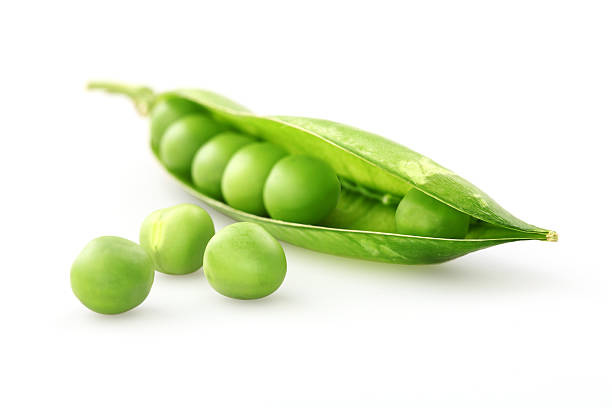
Excellent Source of Protein 
Excellent Source of Protein -
Green peas include various characteristics that may aid with blood sugar regulation. For starters, they have a low glycemic index (GI), which measures how rapidly your blood sugar rises after consuming a food. Diets high in low-GI foods have been demonstrated to help regulate blood sugar levels.
Furthermore, green peas are high in fiber and protein, which may help with blood sugar regulation. This is due to the fact that fiber decreases the pace at which carbohydrates are absorbed, resulting in a gradual, more consistent rise in blood sugar levels rather than a spike. Furthermore, several studies have suggested that consuming protein-rich meals may assist to stabilize blood sugar levels in people with type 2 diabetes. Green peas' effects on blood sugar are known to lower the risk of various illnesses, including diabetes and heart disease.
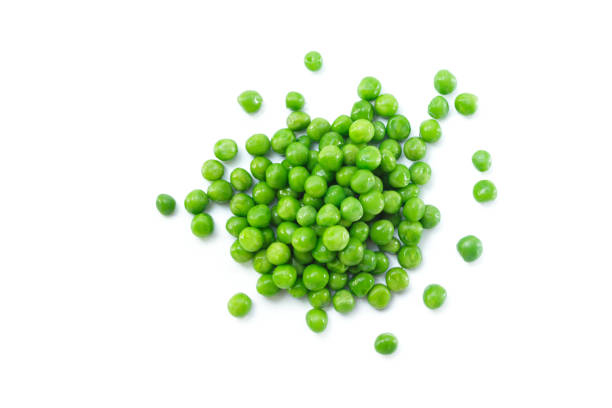
Support Healthy Blood Sugar Control 
Support Healthy Blood Sugar Control -
Green peas have a high fiber content, which has been demonstrated to have several digestive health advantages. For starters, fiber feeds the beneficial bacteria in your intestines, keeping them healthy and preventing the growth of harmful germs. This may lower your chances of getting a few common gastrointestinal illnesses including inflammatory bowel disease, irritable bowel syndrome, and colon cancer.
Furthermore, the majority of the fiber in green peas is insoluble, which means it does not dissolve in water but rather acts as a "bulking agent" in your digestive tract. This means it increases the weight in your stool and may help food and waste travel through your digestive tract more swiftly.

Benefit Digestion 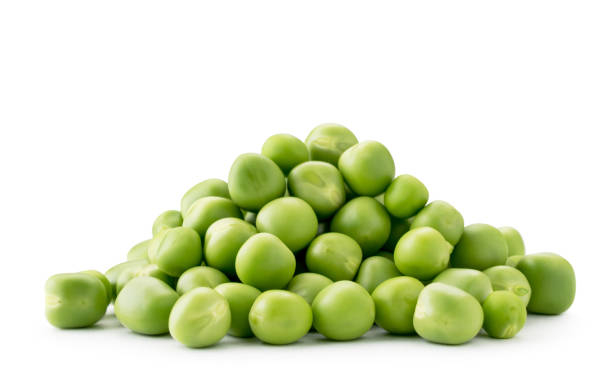
Benefit Digestion -
Green peas provide a good number of heart-healthy nutrients including magnesium, potassium, and calcium. High-protein diets may help avoid high blood pressure, which is a key risk factor for heart disease. They may also be beneficial to heart health. Green peas and legumes' high fiber content has been demonstrated to reduce total cholesterol and "bad" LDL cholesterol, both of which raise the risk of heart disease when elevated. Green peas also include flavonols, carotenoids, and vitamin C, which are antioxidants that have been demonstrated to lessen the risk of heart disease and stroke by preventing cell damage.
Eating green peas on a daily basis may lessen the risk of cancer, owing to its high antioxidant content and capacity to reduce inflammation in the body. Green peas also include saponins, which are plant chemicals with anti-cancer properties. Saponins have been proven in multiple studies to help prevent several forms of cancer and to have the capacity to decrease tumor development. Furthermore, they are high in some nutrients known to reduce the risk of cancer, including vitamin K, which may be especially beneficial in lowering the risk of prostate cancer.

May Be Protective Against Some Chronic Diseases 
May Be Protective Against Some Chronic Diseases








